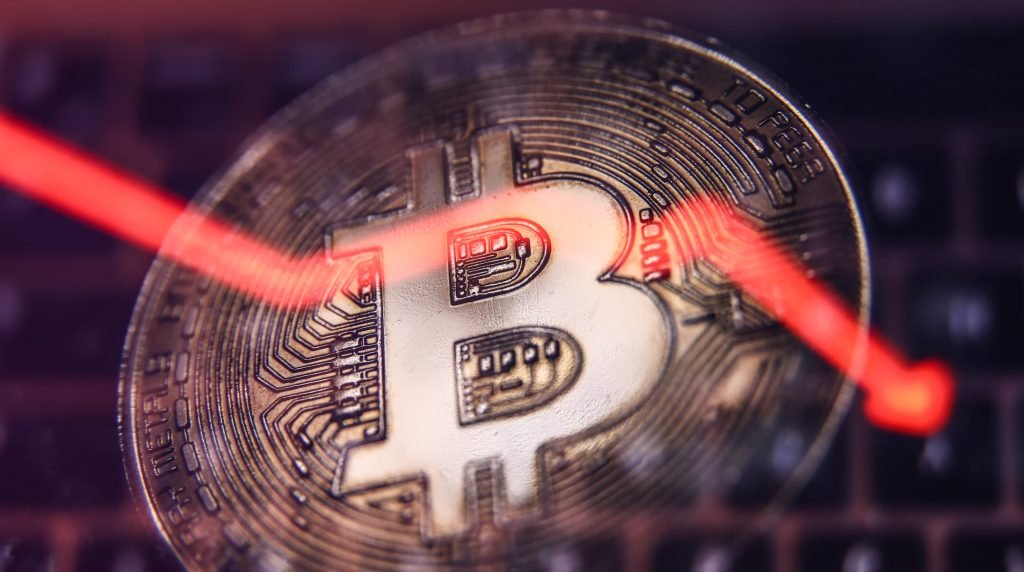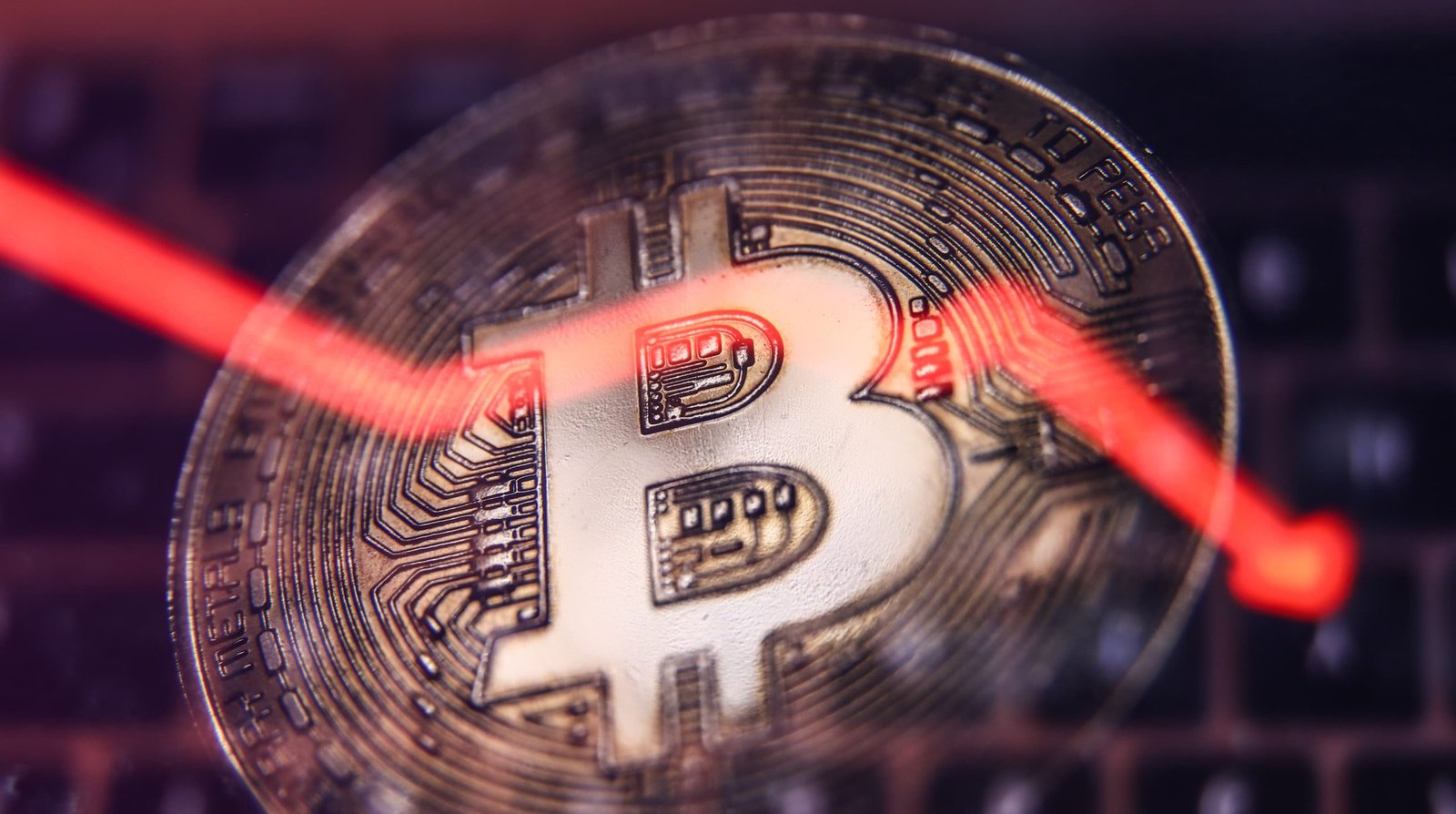
The Traceability Myth: Debunking Notions of Bitcoin Anonymity
Bitcoin’s rise to prominence has been accompanied by myths and misconceptions, particularly regarding the anonymity of its transactions. Despite popular belief, Bitcoin is not a haven of anonymity but a bastion of traceability. This post will debunk the myths surrounding Bitcoin’s anonymity and shed light on the transparent nature of its transactions.
The Blockchain: A Public Record of Bitcoin Activity
The cornerstone of Bitcoin is its blockchain, a public ledger that records every transaction in a transparent and immutable manner. This open ledger is at odds with the notion of anonymity, as it allows anyone to trace the flow of Bitcoin from one address to another, effectively laying bare the entire transaction history of any given Bitcoin.
Bitcoin Wallets: Pseudonymous Not Anonymous
Bitcoin transactions are conducted through wallets, which are represented by unique addresses. These addresses provide pseudonymity, not anonymity. While they do not contain personal information, they serve as digital signatures that can be traced back to the individuals or entities that use them, especially when combined with external data sources.
Exposing the Myth Through Blockchain Analysis
Blockchain analysis has become an important tool in exposing the myth of Bitcoin anonymity. By scrutinizing the blockchain, analysts can uncover patterns, follow the flow of Bitcoin, and potentially link addresses and transactions to real-world identities.
The Role of Exchanges in Compromising Anonymity
Bitcoin exchanges are often the intersection where the digital currency meets the traditional financial system. These platforms, especially those that adhere to regulatory standards, require personal identification that can be linked to specific Bitcoin addresses, further debunking the myth of Bitcoin anonymity.
Privacy Tools and Techniques in the Bitcoin Ecosystem
While Bitcoin transactions are traceable, the ecosystem offers various tools and techniques to enhance privacy. Coin mixing services, privacy-focused wallets, and the use of new addresses for each transaction can make tracing Bitcoin more challenging, though not impossible.
Regulatory Perspectives on Bitcoin Traceability
From a regulatory perspective, Bitcoin’s traceability is both a challenge and an opportunity. While it allows for greater oversight and the prevention of illegal activities, it also necessitates a nuanced approach to ensure that legitimate privacy concerns are addressed.
The Future of Bitcoin’s Traceability and Anonymity
The future of Bitcoin’s traceability and the notion of anonymity is likely to be shaped by ongoing developments in technology, regulation, and user practices. As the Bitcoin network continues to mature, the interplay between traceability and privacy will remain a focal point for users and regulators alike.
Navigating the Misconceptions of Bitcoin Anonymity
The misconception of Bitcoin as an anonymous currency stems from early narratives surrounding its use on the dark web. However, as understanding of the blockchain has deepened, it’s become evident that Bitcoin offers traceable transactions rather than anonymous ones. This clarification is crucial for new users who may come to the network with incorrect assumptions about the privacy it affords.
The Traceability of Bitcoin in Practice
In practice, Bitcoin’s traceability has real-world implications for users. Those who seek to use Bitcoin for illicit purposes often find that their transactions can be traced by authorities with increasing effectiveness. Conversely, law-abiding users who value privacy must understand the tools and methods available to protect their transactional information on the blockchain.
Conclusion
Bitcoin’s traceability is a feature that cuts through the myth of anonymity, providing a clear record of transactions while still offering users certain privacy protections. As the Bitcoin network continues to grow and adapt, the conversation around traceability and privacy is likely to become even more nuanced and important for the community to consider.



